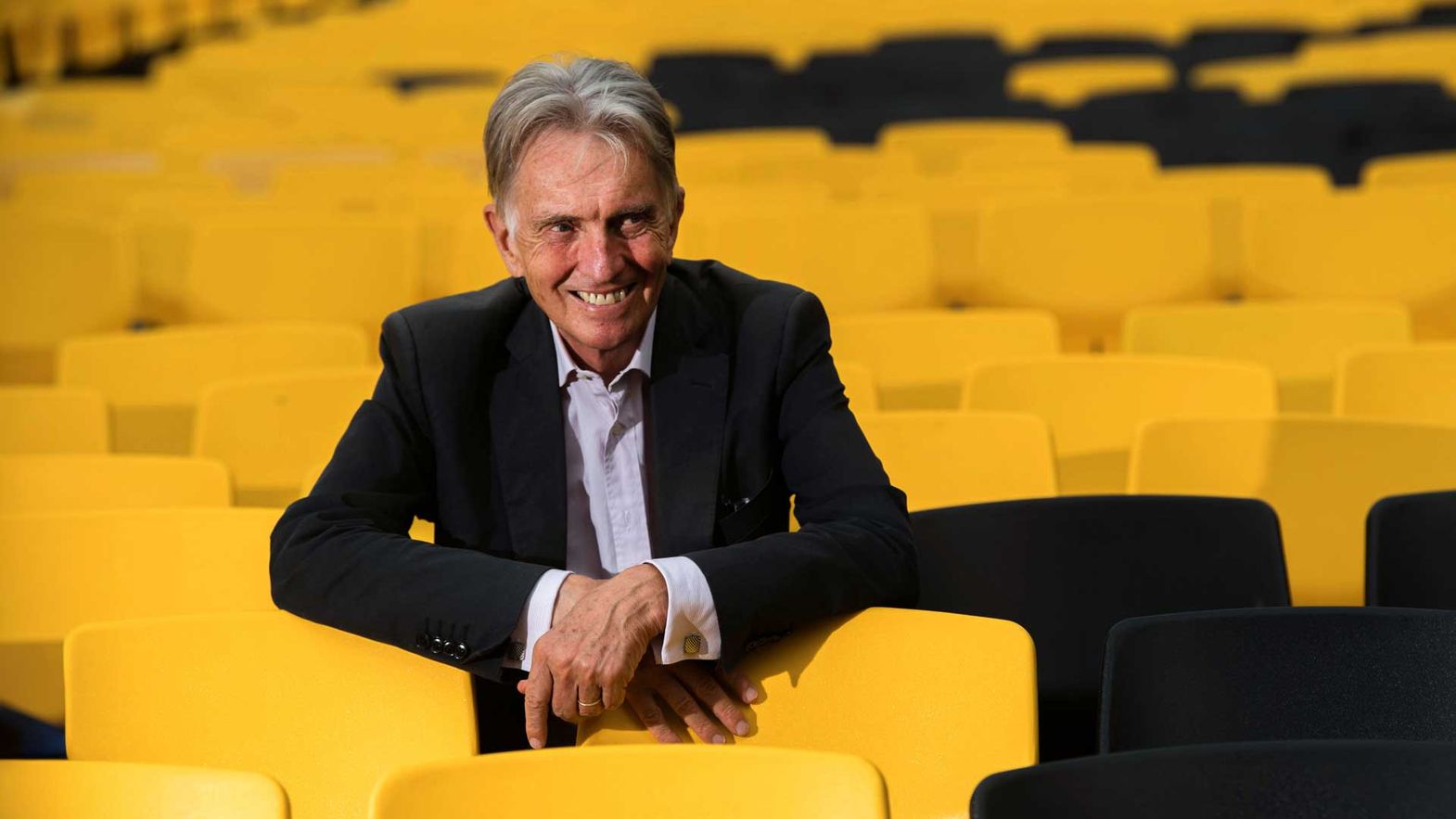Content language:

Back in 2000 when I took over as president of the Locarno Film Festival, it was a small-scale affair with a full-time staff of around half a dozen people. The task which faced us was anything but straightforward, because the most urgent question – what kind of Festival do we want, a tourist attraction or a cultural event? – already had a clear answer from both federal and regional government: they wanted us to continue to organize a cultural event of the highest quality, which would make it clear to a worldwide audience that Switzerland was committed to promoting the arts and film culture. Ever since, I have put all my efforts into raising the profile, name and strengths of Locarno, allowing the Festival to grow and keep its place as one of the ten most significant world events of its kind.
In 23 years the world has changed, and so has cinema. New technologies have arrived, plunging previous models into crisis and spreading new habits of cultural consumption. Faced with these ongoing transformations, it was always perfectly clear to me that, despite our considerable achievements and success, to rest on our laurels would be a fatal mistake. Which is why the Festival has continued to grow like a restless, constantly evolving organism: outstandingly open and alert to the spirit of the age, and thus able to absorb the most useful innovations, while at the same time providing an example to others with its innovations and experiments, not least those in the field of digitalization, training and education.
The proliferation of countless new film festivals all over the world has also been a powerful incentive to that restless development: it made every member of our team even more acutely aware of our common goal, to maintain Locarno’s reputation on the global scene. To borrow a term from the world of business, the USP of the Locarno Film Festival – the Unique Selling Proposition that makes it different from its competitors – is that since 1946 it has been a free Festival, one that defends the values of the Age of Enlightenment, such as human dignity, freedom of expression and respect for the individual. Locarno is a place where the artistic director really is completely free to choose, where the main purpose of the program is to discover authentic talent, even in contexts where it struggles to emerge or is frustrated by political or financial obstacles. In order to guarantee that artistic independence, the creation of a separate operational executive, currently embodied in the Managing Director, tasked with the fundamental organizational aspects of a major cultural event, was an essential step.
Change is also something that in Locarno takes on a human dimension. This job led me to work with people who in the meantime have had children who themselves have joined the Festival team. And then their grandchildren, too, passing on the torch from one generation to the next, always with passion and enthusiasm. This pattern of constant change has allowed me to appreciate to the full the strength of something else that endures. The cinema can still create a sense of community, broadening our horizons and – perhaps – making us better people, and that fact makes me look forward to the future with confidence. And it also means I am happy to comply with the one-time motto of the patrician rulers of Berne, Servir et disparaître. Having served, I, too, will “disappear”, knowing that I’m leaving a Festival with immense potential for development.
Marco Solari
President Locarno Film Festival